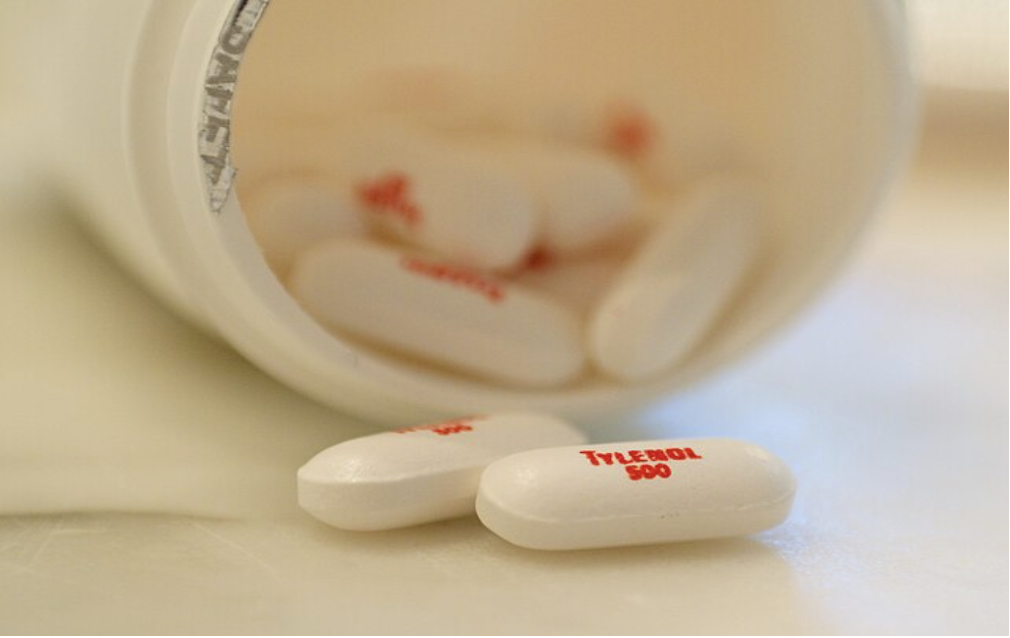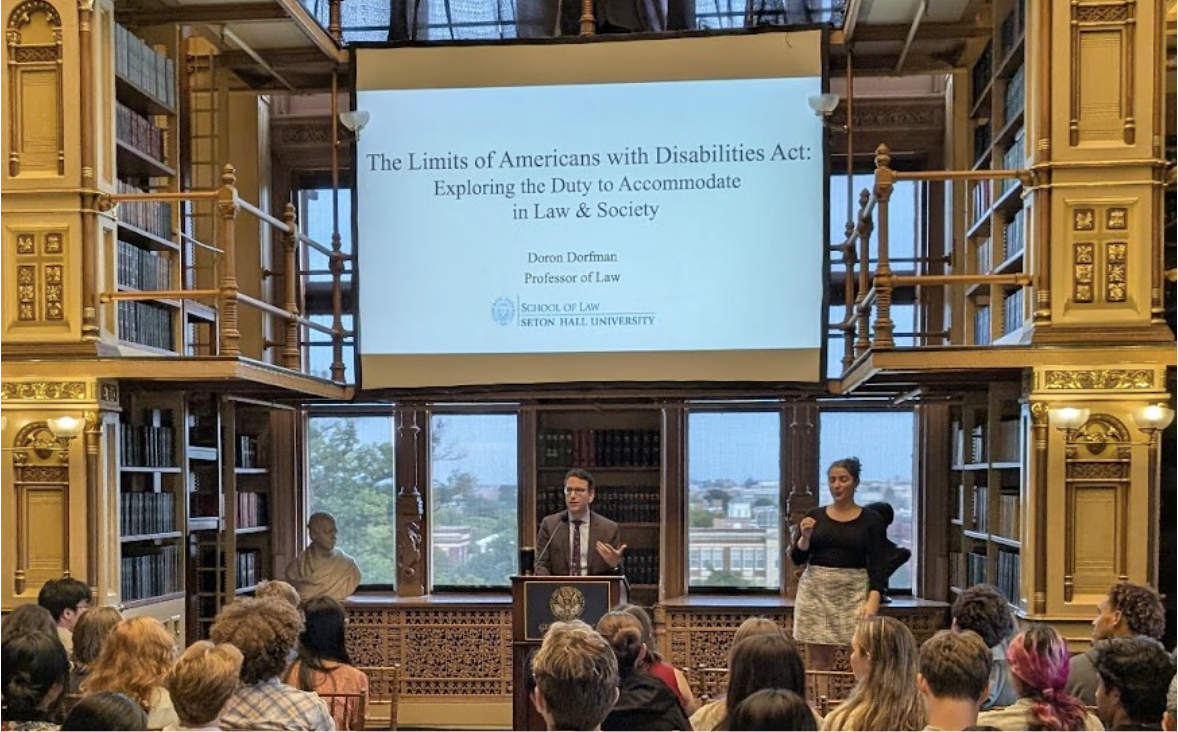Georgetown University’s Global Health Institute (GHI), a university-wide platform that supports research, teaching and service in global health, unveiled two new research projects by primary investigators Dr. Ibrahim Bola Gobir and Dr. Sumegha Asthana during a Jan. 13 event.
The event, part of a seminar series co-sponsored by Georgetown’s Center for Global Health Science and Security, Department of Health Management and Policy and Center for Global Health Practice and Impact (CGHPI), featured presentations about antimicrobial resistance and laboratory preparedness and response.
Gobir, the first presenter, is a field resident director for West and Central Africa, the lead of global health security work at CGHPI and the CEO of Georgetown Global Health Nigeria.
Deus Bazira, director of the GHI and a collaborator on the project, introduced Gobir’s presentation by explaining that their work aims to combat antimicrobial resistance (AMR), a phenomenon wherein organisms such as bacteria develop the ability to resist drugs intended to kill them. AMR increases the risk of disease spread and severe illness.
“This work focuses a lot on microbial resistance and surveillance work, doing a couple of things,” Bazira said at the event. “Helping the country generate evidence around new outbreaks, building infrastructure that can be leveraged to respond to these outbreaks and finally looking at ways the country can sustain its surveillance systems that can be leveraged not only for microbial resistance but for broader case-based and evidence-based surveillance work in the country.”
This specific project focuses on surveillance to strengthen data and improve interventions in Rwanda.
Gobir said the researchers are employing strategies such as desk reviews and refinement of assessment tools to bolster their efforts.
“Everything, ranging from infection prevention and control, hand hygiene, to rational use of drugs, that I’m talking about can be put together into different strategies that we are hoping to use to combat antimicrobial resistance,” Gobir said.
Asthana, a postdoctoral research fellow at the Center for Global Health Science and Security, presented next. She collaborated on a project that investigates laboratory and diagnostic infrastructure built during the COVID-19 pandemic amidst increased demand for testing.
“What happened after the peaks of COVID was that the labs either went back to their functions of regular diagnostic testing procedures or they were completely neglected because there was no sustenance of the funds and support that were coming from the private sector’s initiatives,” Asthana said at the event.
After the pandemic’s peak, these facilities no longer received emergency funding, raising logistical issues and questions regarding their necessity.
Asthana said the research team sought to determine if relevant parties still believed these facilities to be necessary for emergency preparedness, given their costs.
“With this background, we wanted to study what the local stakeholders, who were managing the lab’s capacities and mapping what is needed in terms of resources, think,” Asthana said. “Do they think that all of these facilities, or a few of them, need to be sustained or maintained?”
The research team selected Iraq, Nigeria and Bangladesh to examine how different levels of infrastructure and governance have influenced the establishment of lab facilities during the pandemic.
Sophie Kieffer, an attendee, said the event highlighted the importance of equitable funding allocation, particularly during high-pressure situations when countries rely on external support to strengthen their health systems.
“There may be pressure for local communities to respond a certain way when asked about laboratory needs in order to gain support that may still doesn’t address larger, underlying health needs,” Kieffer told The Hoya. “Or that maybe they will be well prepared for that disease, but will not be as prepared for basic health needs at the time.”
Although these studies on health system strengthening are in the early stages, Gobir said the researchers are enthusiastic about opportunities for collaboration within the Georgetown community.
“Most importantly, as an academic institution, there is opportunity for research because we are going to be sitting on data, and there is also going to be an opportunity to actually be able to publish our work,” Gobir said. “We welcome collaboration and partnership in that.”




